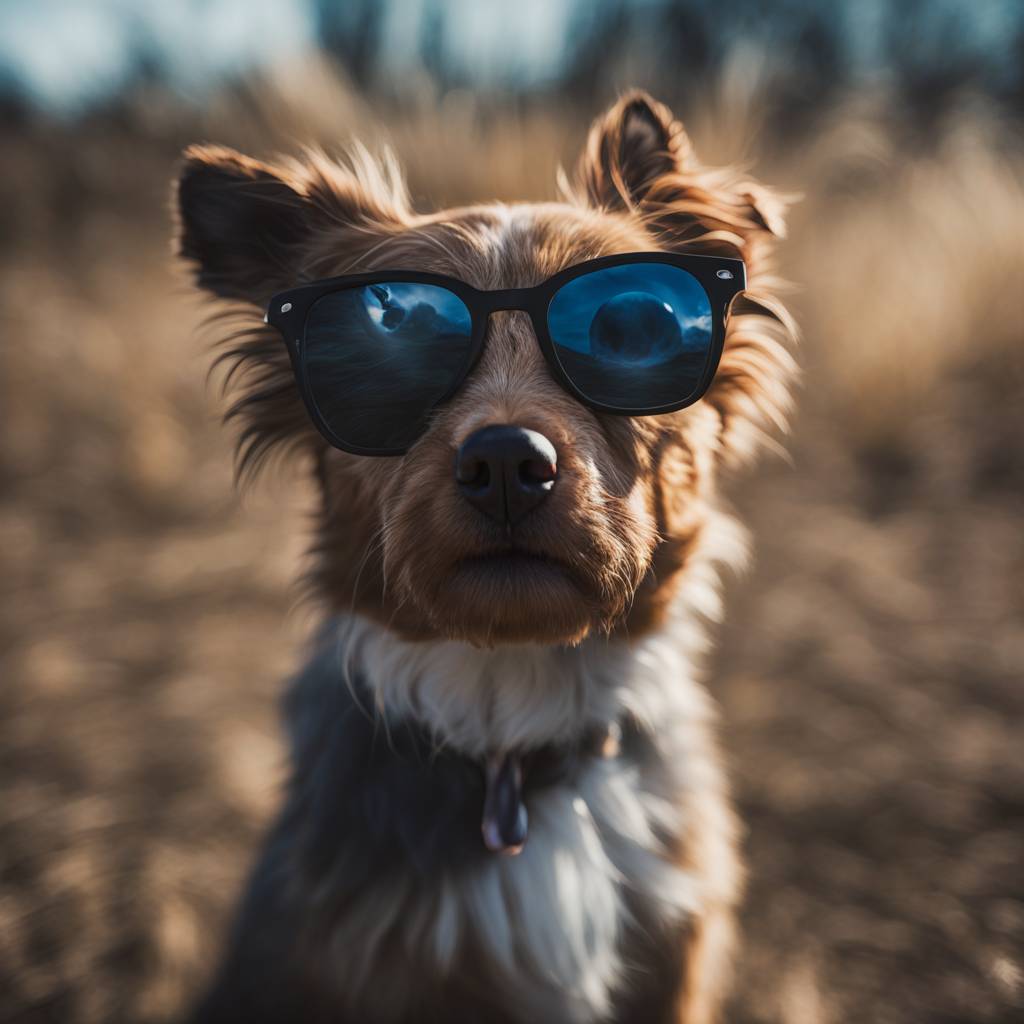Millions of people across North America are gearing up to watch the Great American Eclipse, and experts have shared tips on how to safely enjoy the phenomenon. The most crucial advice is to never look directly at the sun without protection, as this can cause permanent eye damage within seconds. To safely watch the eclipse, experts recommend using an indirect viewing method like a pinhole projector or viewing footage on a screen. Those who wish to view the eclipse directly should use specially designed eclipse glasses that filter out most of the sun’s light.
While children are not particularly vulnerable to the effects of sunlight on their eyes, it is important for parents to supervise them carefully and ensure they are using eclipse glasses correctly. Children may not fully understand the risks involved, so having a plan in place and being aware of where they are looking during the event is crucial. For those in the path of totality, where the moon fully blocks the sun, it is safe to briefly view the eclipse without glasses. However, protective eyewear must be worn once the eclipse becomes partial again.
It is essential to ensure that eclipse glasses meet safety standards, with filters that comply with the ISO 12312-2 standard. Regular sunglasses or inadequate filters will not provide sufficient protection and can lead to permanent damage. Welding goggles or helmets with strong filters can also be used to view the eclipse safely. To avoid counterfeit products, it is recommended to purchase protective gear from reputable vendors and ensure that the glasses are in good condition with no cracks or damage.
When it comes to ensuring the safety of pets during the eclipse, experts say that animals are unlikely to look directly at the sun due to instinct. However, changes in daylight conditions could prompt some animals to behave as if night has fallen, leading to confusion or anxiety. By keeping pets indoors with the lights on and remaining calm around them, owners can help mitigate any negative reactions. Some animals may exhibit unusual behaviors during eclipses, such as the siamangs making strange calls or Galapagos tortoises mating, but the reasons for these behaviors remain unknown.
Researchers are interested in studying the behavior of animals during eclipses to gain a better understanding of how they perceive and react to these natural events. A citizen science project is available for those interested in observing and reporting on animal behavior during the 2024 eclipse, with protocols available on SolarEclipseSafari.org. By gathering data on animal responses to eclipses, scientists hope to enhance our understanding of how different species perceive and react to celestial events.


